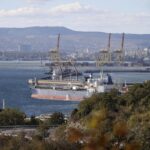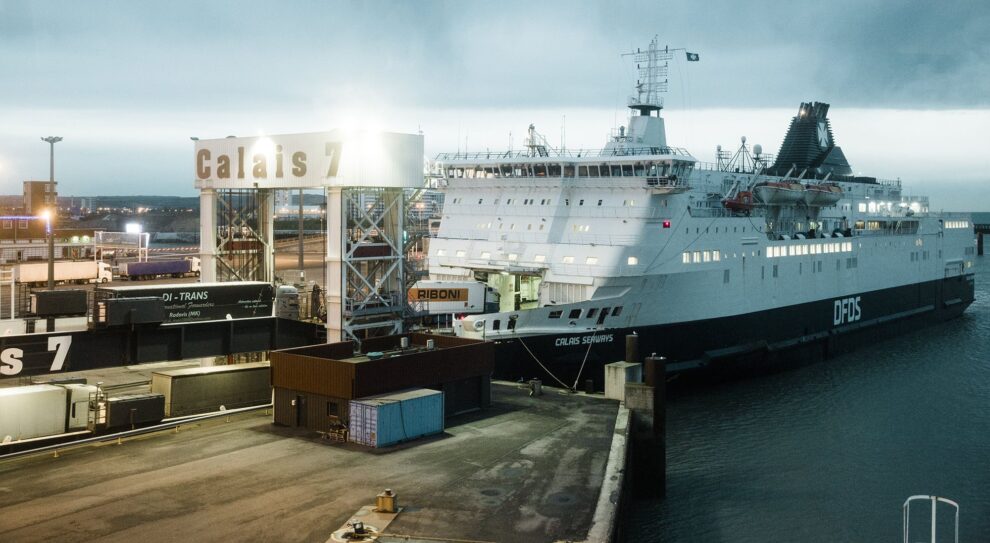Britain implemented the latest phase of its roll-out of Brexit border checks on imports of food and agricultural goods from the EU yesterday — with the additional costs likely to be passed onto consumers in both Ireland and Britain.
The border checks apply to imports of food, agricultural, and other so-called phytosanitary products at British ports on the Channel and North Sea, and not at British ports on the Irish Sea, which the British government have delayed until a unspecified date next year.
However, the new border checks apply to Irish hauliers using the so-called land bridge from ports on Britain’s east coast bringing products into Ireland, and the additional regulatory and bureaucracy entails significantly higher costs per lorry load, said Freight Transport Association Ireland chief executive Aidan Flynn.
Mr Flynn said there were few delays reported by Irish hauliers on the Channel ports yesterday, but that traders and hauliers face extra costs.
The British delayed imposing the import checks on its east coast that directly serve Irish trade as Holyhead and other ports did not have the infrastructure installed in time, reflecting the complexity of the Brexit red tape and the computer systems, Mr Flynn said.
“It is in their hands,” he said, referring to the likely start date in 2025 when the British government imposes its import checks on their ports on the Irish Sea.
Brexit barriers take many forms and will add significant cost to doing business between Britain and Ireland, experts have long warned.
The extra burden on hauliers include requirements to pre-notify plans to import or export goods, customs declarations, safety and security declarations, as well as documentary and physical checks at borders.
Economists have been looking closely at the trade patterns across the Irish Sea ever since Britain voted in 2016 to leave the EU. In recent years, the EU introduced checks on goods coming from Britain, but until this year the British had delayed the start of its border checks on goods imports from the EU.
Trade between Britain and Ireland is substantial, but has nonetheless diminished over many years in terms as a share of overall Irish trade.
In the first two months of the year, Irish goods exports to Britain amounted to €2.7bn, which compares with the total €34.7bn exports to the world from Ireland in the same period. Imports from Britain to Ireland of €2.7bn over the first two months of year compare with €19.4bn in total imports.
The British government said it will take a “pragmatic approach” to introducing the checks and does not expect significant disruption to imports. British importers do not know what the frequency of physical checks will be and only found out the charges they would face on April 3.
“The goods posing the highest biosecurity risk are being prioritised as we build up to full check rates and high levels of compliance,” a UK government spokesperson said. Importers are also unclear over the role of a border control post some 20 miles inland from the port of Dover.
Also, British traders do not have access to an up-to-date list of private control posts and their charging rates. Yesterday’s checks nonetheless come three years after Britain left the single market and eight years after it voted to leave the EU.
Source: Irish Examiner











